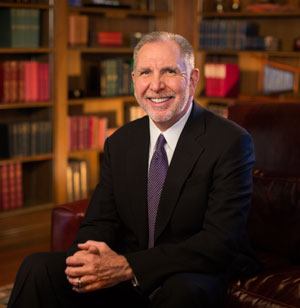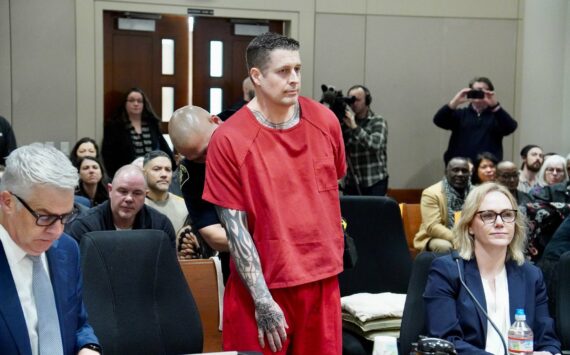Less than four years ago, when Michael Young was preparing to come to Seattle as the new University of Washington president, he told me: “I’m hardly capable of discretion, much less secrecy.” It turns out, he is.
Taking faculty here by surprise, Young is headed for Texas A&M University. According to The Texas Tribune, he was just named the sole finalist to become that university’s next president.
“Wow,” Dan Jacoby, vice president of the UW chapter of the American Association of University Professors, tells Seattle Weekly. “I didn’t see it coming.”
That doesn’t necessarily mean he’s heartbroken. While Jacoby says Young has had his strengths, including his eagerness to look for ways to expand the university and engage the wider community (see our piece last year about the university’s new online program), he hasn’t communicated his vision very well to the faculty.
Meanwhile, says Jacoby, a professor of policy studies and economics at UW’s Bothell campus, “the university is going through rough times. ” State funding for the school has sharply declined over the last decade.
Amy Hagopian, a global health professor and AAUP secretary, says this of Young: “He wasn’t a huge presence on campus.”
That’s something of surprise. Talking to Young right before he came to UW, he seemed accessible and refreshingly candid. Then president of the University of Utah, he acknowledged the controversy around his divorce and relationship with another woman—a big deal in Mormon culture. That quote about him not being discrete, that came as he was denying having had an affair while still married. Even so, he talked about how difficult the whole thing was in Utah, which he said “must be the passive-aggressive center of the universe.”
He’s not been so colorful in Seattle, but has plugged away at some initiatives, including the online program and looking for ways to get revenue from intellectual property developed at the university. Last month, the UW also announced that it was partnering with Boeing on a new research center.
Those initiatives have also raised questions on campus, with some feeling that they stem from a privatization of the university.
That extends to how presidents are picked, according to local AAUP president Robert Wood. In the past, he says, searches have been conducted “in a corporate, CEO-type way,” without faculty input. As the university goes through the process again, he says, “All I can say is I hope we have an open search.”








